Get Free Consultation for your Overseas Education
Menu

Ignited Edu Future, a premier educational consultancy in Chennai, offers comprehensive guidance for pursuing higher education in abroad. Specializing in top universities across the USA, UK, Canada, Australia, and New Zealand, we provide tailored support for every aspect of the journey, from application to enrollment. Our services include personalized counseling, application assistance, visa guidance, and accommodation support. Additionally, we facilitate part-time employment opportunities abroad to enhance the overall experience. As a trusted name in the industry, we pride ourselves on being the best abroad consultancy Chennai, offering unparalleled overseas education consultancy services to aspiring students.
Embarking on a journey of higher education in abroad is a significant decision, and choosing Ignited Edu Future means selecting excellence and expertise. Here’s why we stand out as the best abroad consultancy Chennai:

We enroll a smaller number of students in a batch in order to provide full attention to every student.

With connections to top universities worldwide, we offer access to prestigious academic institutions in the USA, UK, Canada, Australia, and New Zealand.

Our track record of success speaks for itself, with countless students achieving their academic dreams under our guidance.

From application assistance to visa guidance, we offer a comprehensive range of services to streamline the entire process.

With tailored financing options, competitive rates, and flexible repayment plans, we help you pursue your academic ambitions overseas without financial stress.

We provide the exclusive training for standardized Tests such as IELTS, TOEFL, GRE, GMAT, etc.and arrange for your training prior to the tests for scoring high.

We sort out one of the biggest hurdle in the entire process of studying abroad, that the Visa approval with well training to crack the interview process.

We make arrangements for the greatest and the cheapest and comfortable accommodation near to the university which suits your financial and proximity requirements.
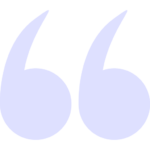




Keeping in view your individual profile and the professional market scenario, we would help you to make the best career choice.

We provide in-depth personal guidance to help you in choosing the right course in the university according to your profile.

We have a well equipped library containing prospectuses, CDs, Video Tapes, Brochures etc of all the Universities/ Colleges.

We have a tie up with some financial institution that help students in providing education loan for higher studies at competitive interest rates.

We provide complete information about various scholarships offered by different Universities.

We provide complete information about various scholarships offered by different Universities.

Our counselors would guide you with different types of accommodation which fit into your needs and budget.

We assist our students in the entire processing right from filling up application, providing guidance and conducting mock interviews.

We organize predeparture get together for its students giving them an opportunity to meet others heading towards University or Country.

We take care of booking flights for our students well in advance to allow ideal departure dates, routes and discounts.
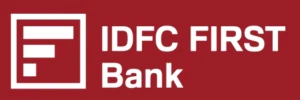

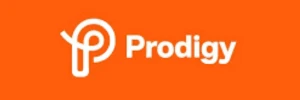


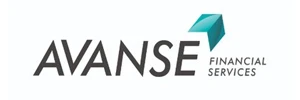





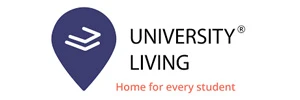
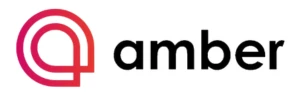



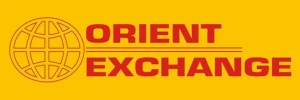


2024 @ Copyright Ignited Edu Future. All Right Reserved.
2024 @ Copyright Ignited Edu Future. All Right Reserved.